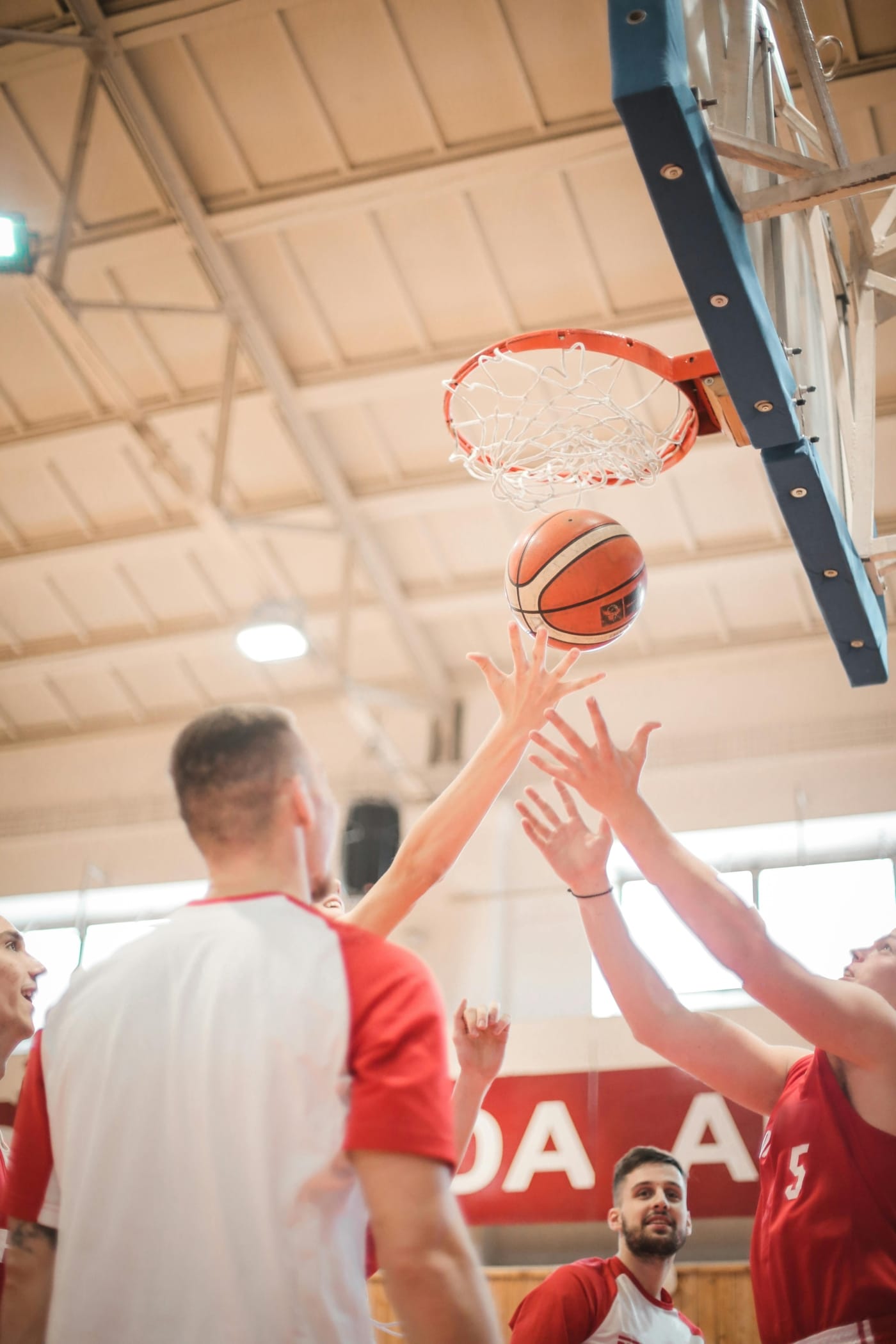Addressing Student Athlete Mental Health: What Campus Leaders Should Know

There’s no doubt about it: College Game Day is one of the most anticipated days of the sports season. For most institutions, collegiate-level sports are a big deal that brings hopeful visitors to campus, and, not to mention, an additional revenue stream. But for the student athletes, the sports season can bring about a lot of pressure, stressors, and unique challenges.
If you have athletes on campus, they likely require additional care and support to ensure they’re successful in their academic and athletic careers. In this post, we’ll discuss college student athletes and mental health, and suggest ways your leadership team can better support their overall well-being.
Mental Health Challenges Student Athletes Face
Student athletes are not exempt from mental health challenges like depression or anxiety. In fact, a study conducted by the NCAA reports that one in twelve student-athletes say they are so depressed that it is difficult for them to function in the day-to-day.
However, depression and anxiety are not the only mental health issues these students face. College athletes also struggle with:
- Academic pressure to maintain GPA and eligibility
- Athletic performance pressure that can lead to overtraining, lack of sleep, or injuries
- Burnout and exhaustion
- Time management difficulties juggling practice, coursework, and games
- Low self-esteem and increased mental health concerns triggered by social media and public scrutiny
Playing a sport while managing rigorous academics and social expectations can be mentally and physically challenging. For struggling athletes, support from athletic trainers, advisors, and mental health professionals is critical for success and retention.
Four Ways to Support College Athletes’ Mental Health
1. Encourage Open Team Dialogue
Student athletes spend significant time with their teammates and coaches—often building strong bonds. These individuals may be the first to recognize signs of mental illness or burnout. Creating a safe space for open conversations can make a major difference.
Campuses can foster mental well-being by promoting wellness and communication. Weekly team check-ins can be an informal mental health screening tool, helping spot early signs of mental health struggles.
Using Mongoose’s real-time, AI-powered chat features, you can provide access to mental health resources and support services discreetly and immediately.
2. Utilize Peer Mentor Programs
Peer mentors, especially those with experience navigating the demands of athletics and academics, can serve as trusted confidants. These programs support mental health care by helping students manage stress and time effectively.
Mongoose helps promote these opportunities by enabling campuses to send automated reminders and personalized nudges to students, increasing participation and awareness.
3. Maintain Constant Communication
One of the most overlooked causes of mental health problems in student athletes is isolation. With demanding schedules, they often miss out on traditional aspects of college life, including access to counseling services.
Mongoose integrates with CRMs and Learning Management Systems (LMS) to identify sentiment trends across conversations. If a student shows signs of distress, advisors and clinicians can be alerted for proactive outreach. Regular check-ins, even brief ones, can build trust and reduce the risk of serious mental health symptoms going unnoticed.
4. Provide Access to Counseling Services and Referrals
If your athletics department is not already working closely with your counseling center, now is the time. Mental health needs are public health needs, and college student-athletes should have equal access to in-person counseling and wellness programs.
Train your AI assistant on how to escalate conversations for referral to mental health professionals or clinicians, including those specializing in sport psychology. Also consider collaborating with organizations like the Sport Science Institute or National Collegiate Athletic Association (NCAA) to enhance evidence-based programming for both elite athletes and non-athletes.
Supporting Mental Health with Mongoose
Your athletics department plays a central role in the student experience—and the mental health care of your athletes should be just as prioritized as their physical health.
By implementing Mongoose, campuses can streamline communication, provide mental health resources, and respond in real time to mental health concerns. From promoting peer mentor programs to routing inquiries to licensed counselors, Mongoose’s platform is designed to support the full spectrum of mental wellness across higher education.
Ready to learn how Mongoose can improve mental health support and communication on your campus? Book a demo with our team today.
Author:




